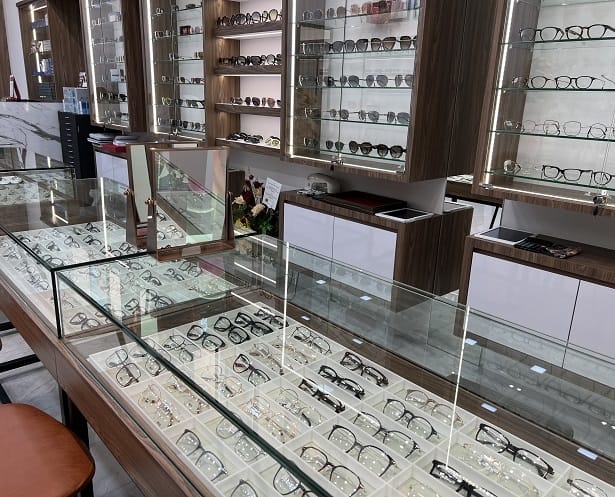Nearly 50 per cent of the estimated 5,000 to 7,000 optical stores nationwide do not have certified optometrists and are run by individuals with no background in optometry, according to a survey carried out by the Association of Malaysian Optometrists (AMO).
AMO president Ahmad Fadhullah Fuzai said: “Take a look at shopping centres, there are many optical stores there but are they managed by competent individuals with the green-coloured optometry practice certificate displayed at their respective premises?”
He told Bernama it is the responsibility of the public to ensure people are diagnosed by certified optometrists registered with the Malaysian Optical Council (MOC).
Ahmad Fadhullah also claimed that some optical store owners operating without an optometric practice license conduct eye examinations based on know-how picked up from unaccredited YouTube videos or other online sites.
He warned that individuals diagnosed using incorrect methods could encounter serious vision problems.
“Anyone can run an optical business because all they need is to get a business license from the local authority,” he said.
He said currently, there is no clause in the Optical Act 1991 mandating that only those with an optometry practice certificate can open an optical store, hence the lack of a regulatory body to oversee such businesses.
He added that in order to stop unqualified people from providing optometry services, the Ministry of Health (MOH) should develop an integrated policy in collaboration with the Ministry of Housing and Local Government with regard to the issuance of operating licenses to premises dealing in optometry services.
He said during a discussion with MOH, his association proposed that local authorities issue separate business licenses for optometric practices and shops dealing in eyewear.
“(This is necessary as) the services we offer are distinct from those offering regular eyewear,” he said.
He added there is also a need to review the Optical Act 1991 as it is “outdated and no longer aligned with current practices and future needs”.









